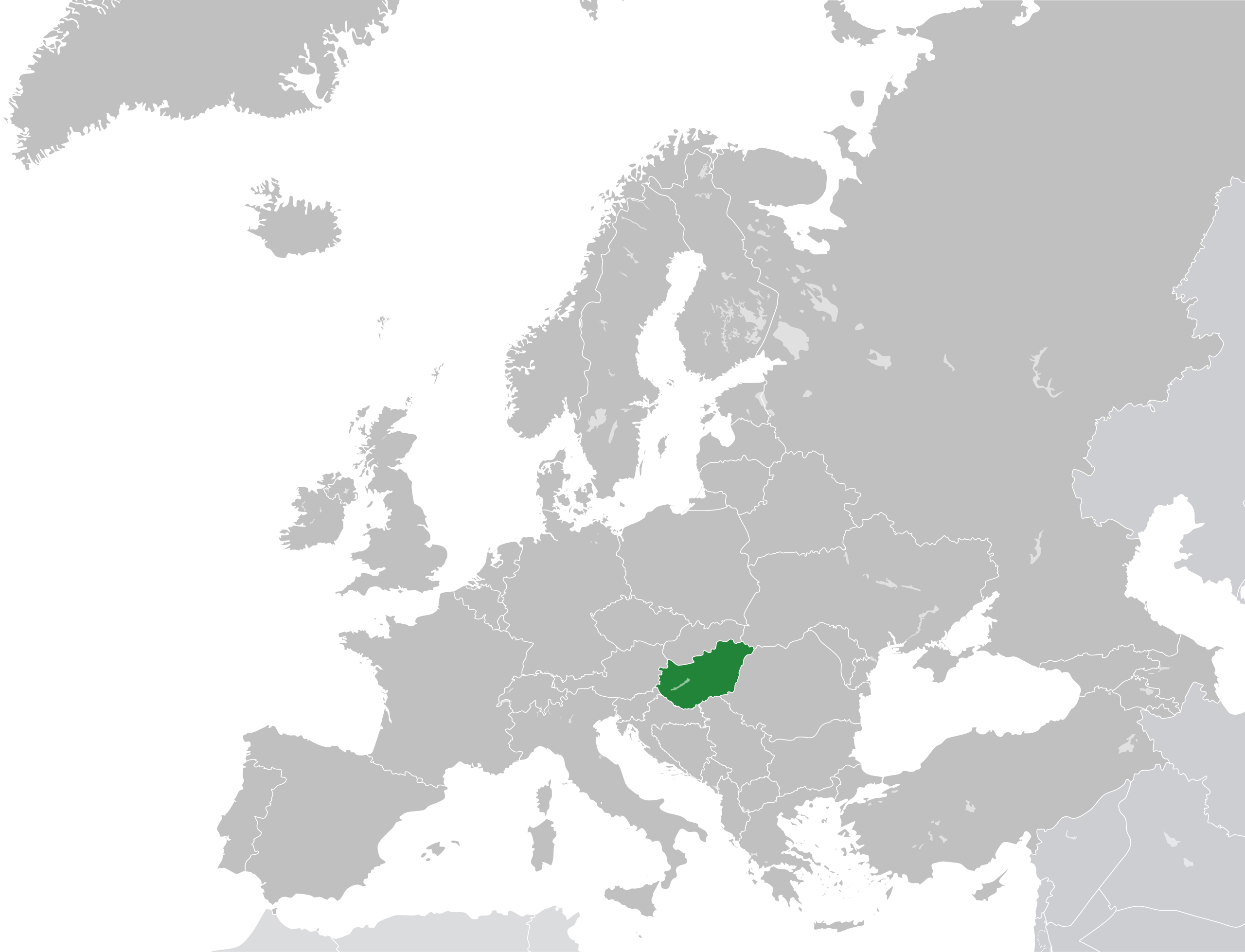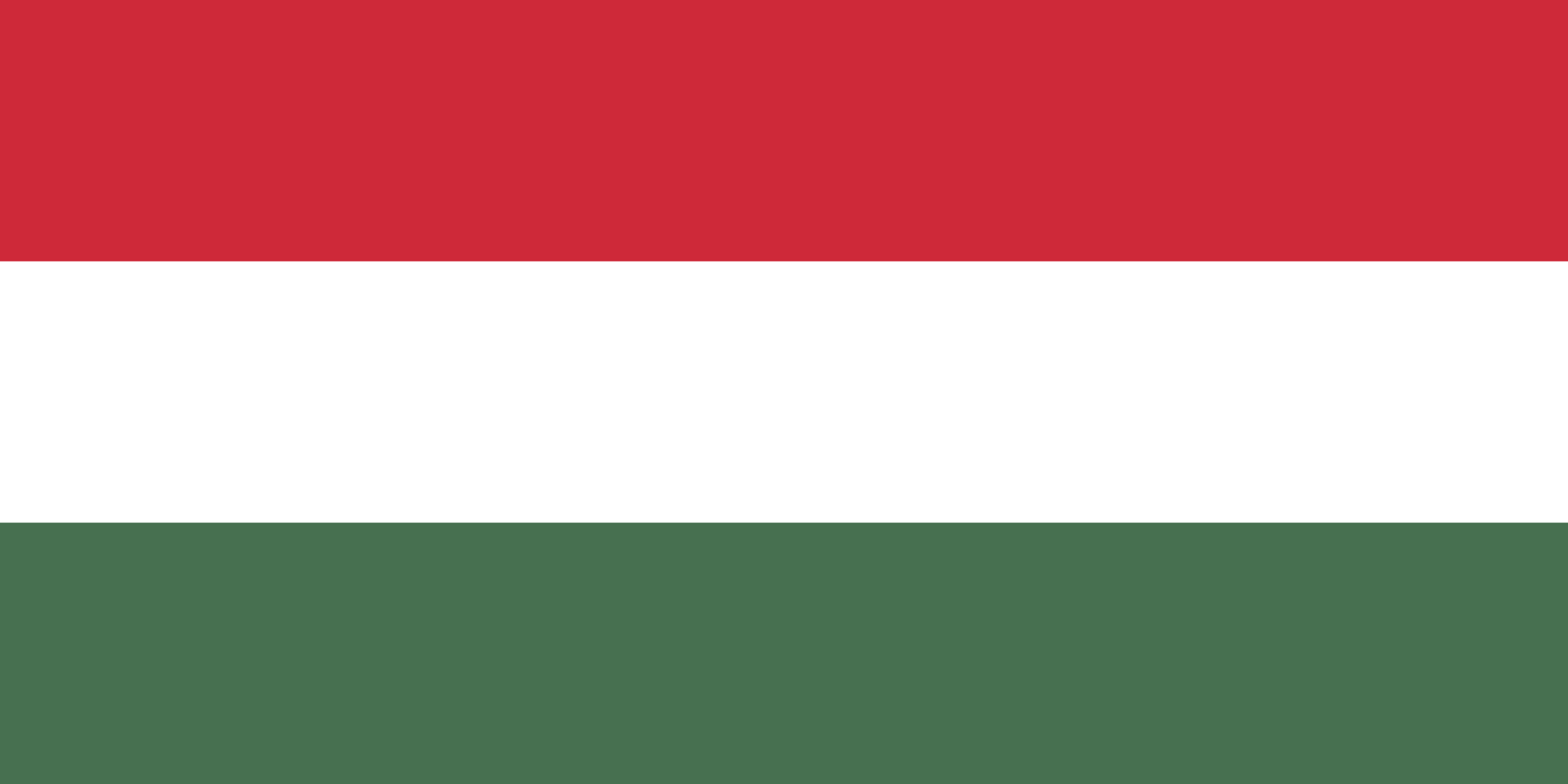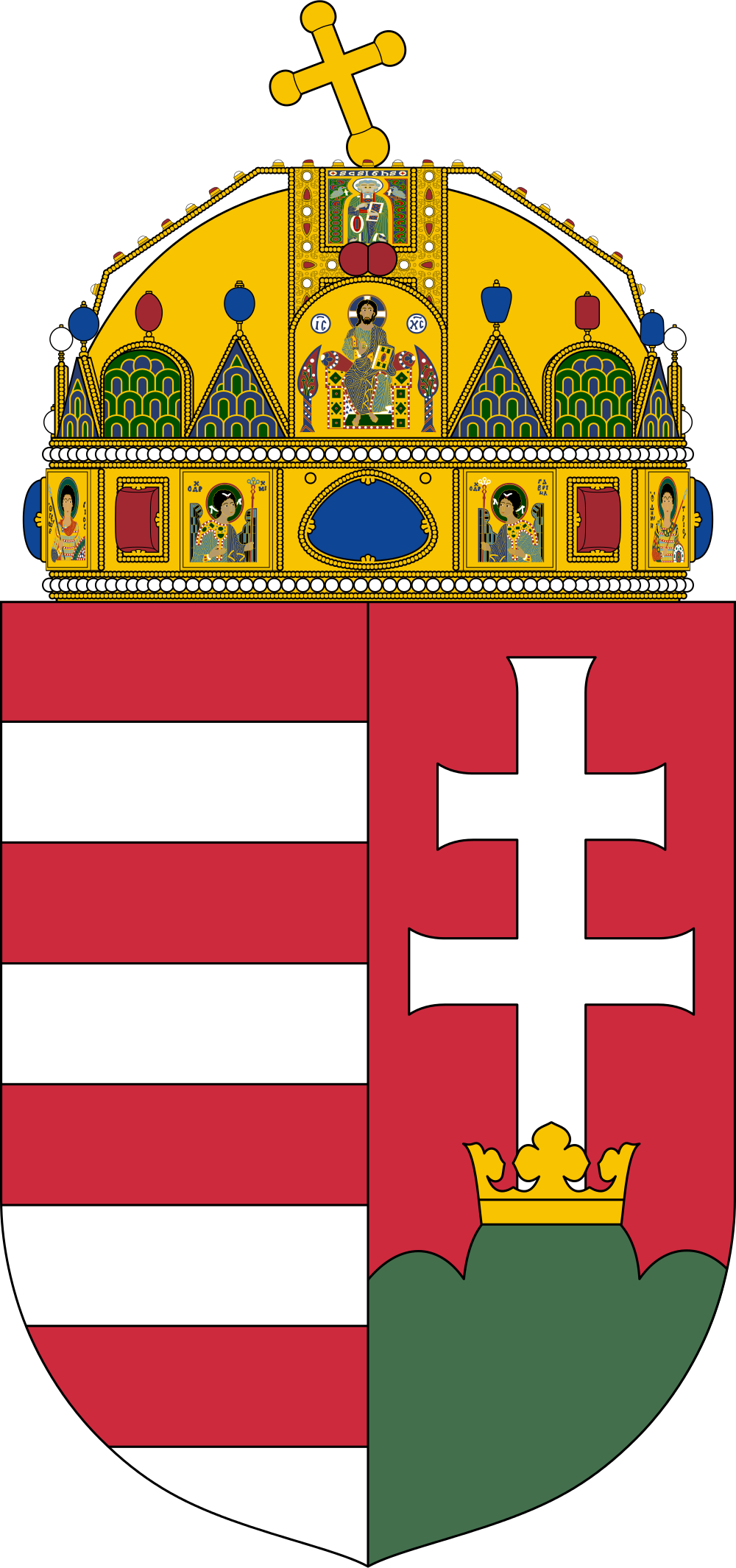More languages
More actions
(Nostalgia) Tag: Visual edit |
General-KJ (talk | contribs) (Added and updated information) Tag: Visual edit |
||
| (One intermediate revision by one other user not shown) | |||
| Line 1: | Line 1: | ||
{{Infobox country|name=Hungary|leader_title1=President|mode_of_production=[[Capitalism]]|population_estimate_year=2021|population_estimate=9,730,000|area_km2=93,030|leader_name2=[[Viktor Orbán]]|leader_name1=[[ | {{Infobox country|name=Hungary|leader_title1=President|mode_of_production=[[Capitalism]]|population_estimate_year=2021|population_estimate=9,730,000|legislature=[[Országgyűlés]]|area_km2=93,030|leader_name2=[[Viktor Orbán]]|leader_title3=Speaker|leader_name3=[[László Kövér]]|leader_name1=[[Tamás Sulyok]]|leader_title2=Prime Minister|government_type=Unitary parliamentary republic under a [[dictatorship of the bourgeoisie]]|native_name=Magyarország|official_languages=Hungarian|largest_city=[[Budapest]]|capital=[[Budapest]]|anthem=Himnusz|map_width=200|image_map=Hungary map.png|image_coat=Hungarian COA.png|image_flag=Hungarian flag.png|coa_size=50}} | ||
'''Hungary''' is a country in central [[Europe]]. From 1949 to 1989, it was a [[Hungarian People's Republic|socialist people's republic]]. In 2010, 72% of Hungarians said life was better under socialism, and only 8% said it was better now.<ref name=":2">{{Web citation|newspaper=Pew Research Center|title=People Worse off than Under Communism?|date=2010-04-21|url=https://www.pewresearch.org/global/2009/11/02/end-of-communism-cheered-but-now-with-more-reservations/communism220px/|archive-url=https://web.archive.org/web/20201112035654/https://www.pewresearch.org/global/2009/11/02/end-of-communism-cheered-but-now-with-more-reservations/communism220px/|archive-date=2020-11-12|retrieved=2022-09-24}}</ref> | '''Hungary''' is a country in central [[Europe]] bordered by [[Republic of Austria|Austria]], [[Republic of Slovenia|Slovenia]], [[Republic of Serbia|Serbia]], [[Romania]], [[Ukraine]], and [[Slovak Republic|Slovakia]]. From 1949 to 1989, it was a [[Hungarian People's Republic|socialist people's republic]]. In 2010, 72% of Hungarians said life was better under socialism, and only 8% said it was better now.<ref name=":2">{{Web citation|newspaper=Pew Research Center|title=People Worse off than Under Communism?|date=2010-04-21|url=https://www.pewresearch.org/global/2009/11/02/end-of-communism-cheered-but-now-with-more-reservations/communism220px/|archive-url=https://web.archive.org/web/20201112035654/https://www.pewresearch.org/global/2009/11/02/end-of-communism-cheered-but-now-with-more-reservations/communism220px/|archive-date=2020-11-12|retrieved=2022-09-24}}</ref> | ||
== History == | == History == | ||
=== Dual Monarchy === | |||
{{Main article|Austro-Hungarian Monarchy (1867–1918)}} | |||
=== Fascism === | === Fascism === | ||
| Line 19: | Line 22: | ||
[[Category:Global north]] | [[Category:Global north]] | ||
[[Category:Formerly socialist countries]] | [[Category:Formerly socialist countries]] | ||
[[Category:Formerly fascist countries]] | |||
Latest revision as of 13:44, 21 March 2024
| Hungary Magyarország | |
|---|---|
Anthem: Himnusz | |
 | |
| Capital and largest city | Budapest |
| Official languages | Hungarian |
| Dominant mode of production | Capitalism |
| Government | Unitary parliamentary republic under a dictatorship of the bourgeoisie |
• President | Tamás Sulyok |
• Prime Minister | Viktor Orbán |
• Speaker | László Kövér |
| Legislature | Országgyűlés |
| Area | |
• Total | 93,030 km² |
| Population | |
• 2021 estimate | 9,730,000 |
Hungary is a country in central Europe bordered by Austria, Slovenia, Serbia, Romania, Ukraine, and Slovakia. From 1949 to 1989, it was a socialist people's republic. In 2010, 72% of Hungarians said life was better under socialism, and only 8% said it was better now.[1]
History[edit | edit source]
Dual Monarchy[edit | edit source]
See main article: Austro-Hungarian Monarchy (1867–1918)
Fascism[edit | edit source]
See main article: Kingdom of Hungary (1920–1946)
Socialist era[edit | edit source]
See main article: Hungarian People's Republic (1949–1989)
Post-Cold War[edit | edit source]
From 1988 to 1995, Hungary's poverty rate increased by 300%.[2]
References[edit | edit source]
- ↑ "People Worse off than Under Communism?" (2010-04-21). Pew Research Center. Archived from the original on 2020-11-12. Retrieved 2022-09-24.
- ↑ Branko Milanovic (1998). Income, Inequality and Poverty during the Transition from Planned to Market Economy (p. 68). [PDF] Washington, D.C.: World Bank.


